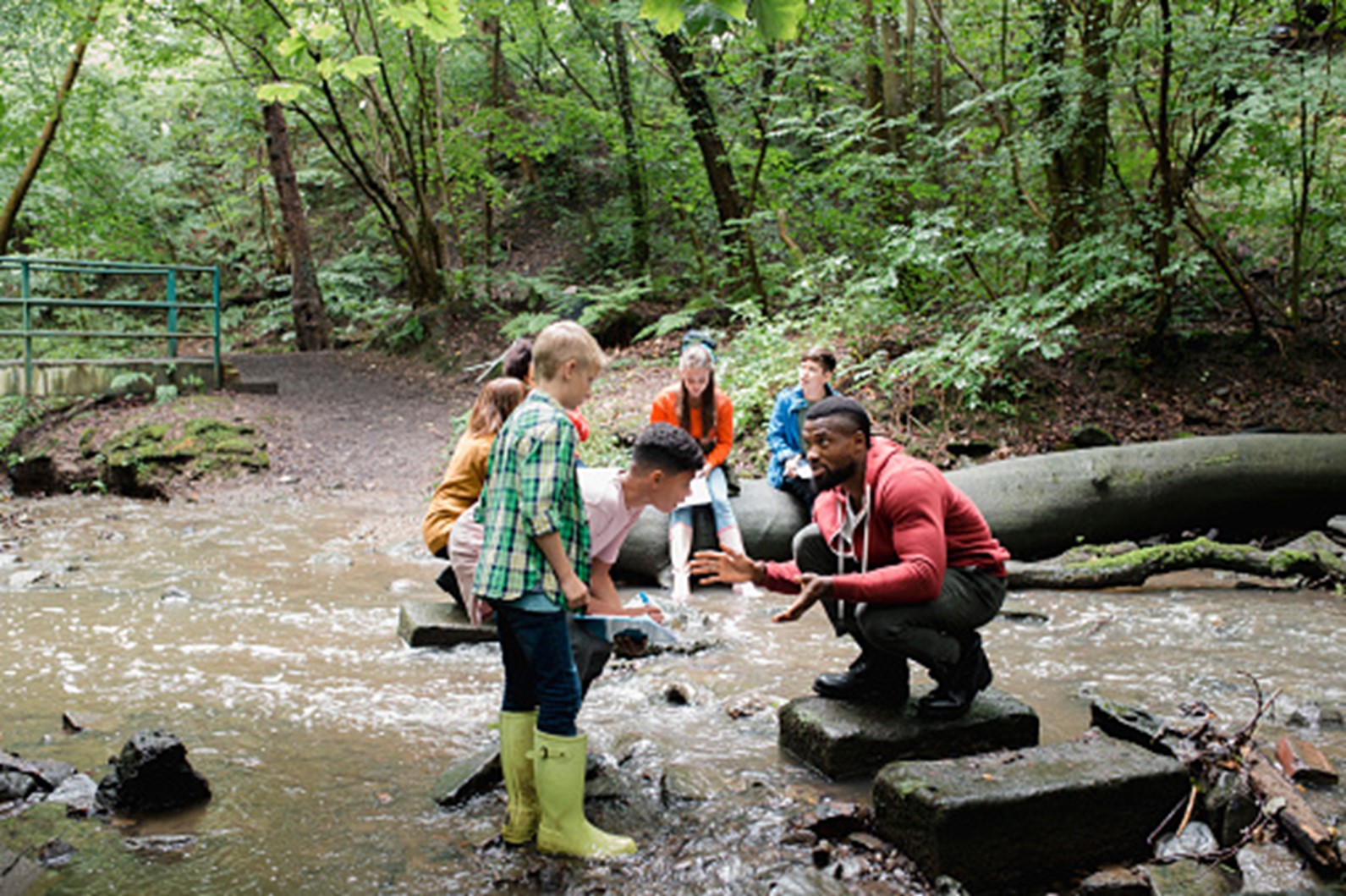Intercultural fluency, Conflict Resolution, and Effective Communication in Professional Development
This resource is also available in French. Click here to access the French version.
It's likely that you’ve participated in soccer, basketball, or swimming that takes place at a local community centre. One reason we all love recreation is that it provides us an opportunity to engage in our community and be socially connected. However, when there is competition, there can also be conflict, which many of us have experienced in the workplace, school, or on a sports team. In this blog, I discuss what intercultural fluency, effective communication, and conflict resolution are, why they’re important, and how they apply to our professional lives. Such experiences are based on my involvement with the City of St. Catharines fieldwork placement.
Intercultural Fluency
Practicing intercultural fluency means being able to understand, respect, and learn from the complex social, economic, cultural, and political nature of diverse people. This encourages inclusivity and awareness in all interactions. As a Chinese/Canadian student studying at Brock University, I’m consistently learning how to practice both my East Asian and Canadian cultures. I believe this was an advantage for me when familiarizing myself with my placement role.



